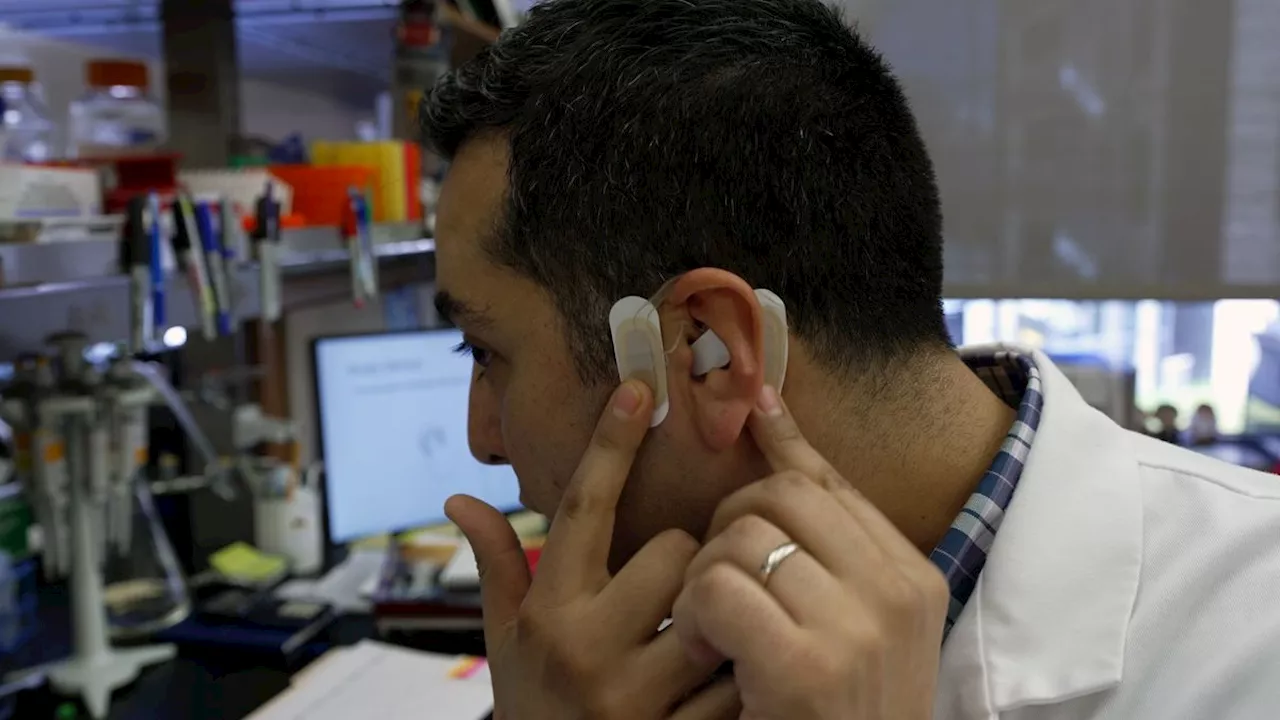Researchers have discovered a way to create a neural tourniquet that can prevent bleeding just by zapping a single nerve.
Researchers have discovered that stimulating a specific nerve could help patients maintain critical blood clotting mechanisms. This “neural tourniquet” could revolutionize how medical professionals approach surgical risks and reduce bleeding overall. The key to the tourniquet is the vagus nerve, a complex neural pathway connecting the brain to multiple organs. By delivering a precise electrical pulse to the nerve, scientists can trigger a remarkable biological response.
Volunteers who received targeted nerve stimulation showed increased markers of platelet activation in their blood samples. Surgical bleeding remains a significant medical challenge, marking the need for such a technique. Approximately 1.5 percent of surgeries currently experience complications related to excessive blood loss. Traditional methods like sutures and tourniquets are effective, but they address bleeding after it occurs. This neural tourniquet could proactively prevent it.
United States Latest News, United States Headlines
Similar News:You can also read news stories similar to this one that we have collected from other news sources.
 Scientists reveal 'neural tourniquet' that can stop bleeding with nerve stimulationLiam Drew is a freelance science journalist covering neuroscience, biomedical research and most things biological. He writes regularly for Nature and its sister journals. His work has also appeared in New Scientist, The Guardian, Knowable, Aeon, Quanta and The Reader's Digest.
Scientists reveal 'neural tourniquet' that can stop bleeding with nerve stimulationLiam Drew is a freelance science journalist covering neuroscience, biomedical research and most things biological. He writes regularly for Nature and its sister journals. His work has also appeared in New Scientist, The Guardian, Knowable, Aeon, Quanta and The Reader's Digest.
Read more »
 Scientists identify important factor in neural developmentScientists have shed new light on how certain biological processes determine the development of neural cells. Their findings on a molecular 'bridge' complex demonstrate a new level of detail in the understanding of early neural development -- which is fundamental for the further understanding of neurodevelopmental syndromes.
Scientists identify important factor in neural developmentScientists have shed new light on how certain biological processes determine the development of neural cells. Their findings on a molecular 'bridge' complex demonstrate a new level of detail in the understanding of early neural development -- which is fundamental for the further understanding of neurodevelopmental syndromes.
Read more »
 Researchers use data from citizen scientists to uncover the mysteries of a blue low-latitude auroraColorful auroras appeared around Japan's Honshu and Hokkaido islands on May 11, 2024, sparked by an intense magnetic storm. Usually, auroras observed at low latitudes appear red due to the emission of oxygen atoms.
Researchers use data from citizen scientists to uncover the mysteries of a blue low-latitude auroraColorful auroras appeared around Japan's Honshu and Hokkaido islands on May 11, 2024, sparked by an intense magnetic storm. Usually, auroras observed at low latitudes appear red due to the emission of oxygen atoms.
Read more »
 Neural mechanisms of sleep-dependent motor learning revealed in new study on brain injury rehabilitationScientists reveal how sleep, especially naps, boosts motor learning after TBI, offering new insights into brain activity and rehabilitation strategies to enhance recovery outcomes.
Neural mechanisms of sleep-dependent motor learning revealed in new study on brain injury rehabilitationScientists reveal how sleep, especially naps, boosts motor learning after TBI, offering new insights into brain activity and rehabilitation strategies to enhance recovery outcomes.
Read more »
 Exploring the neural foundations of emotional intelligence in young minds.Teen brains show lower empathy but higher activation. Cultural factors shape responses. Understanding these differences helps support emotional development in adolescents.
Exploring the neural foundations of emotional intelligence in young minds.Teen brains show lower empathy but higher activation. Cultural factors shape responses. Understanding these differences helps support emotional development in adolescents.
Read more »
 Hunger hormone leptin can direct neural development in a leptin receptor-independent mannerResearchers from the lab of Richard Simerly have uncovered the first example of activity-dependent development of hypothalamic neural circuitry. The work also suggests a novel role for the hunger hormone leptin in specifying the development of neural circuits involved in autonomic regulation and food intake.
Hunger hormone leptin can direct neural development in a leptin receptor-independent mannerResearchers from the lab of Richard Simerly have uncovered the first example of activity-dependent development of hypothalamic neural circuitry. The work also suggests a novel role for the hunger hormone leptin in specifying the development of neural circuits involved in autonomic regulation and food intake.
Read more »
